3 books to inspire your own family cookbook
These books by Gena Philibert-Ortega, Gwyneth Paltrow, and Rachael Ray are not only brimming with recipes you’ll want to try, but they can serve as incredible inspiration for ways to approach making your OWN hybrid family history/cookbook.
Whenever I share photos of family cookbooks or food heritage projects, I get a tremendous response—“I wish I had thought to do that before my mom passed,” “Oh, I HAVE to do this!!!” or, on occasion, more reluctant feedback such as “I would have no idea where to begin.”
Well, I’ve shared plenty in recent months about how to approach making your own heritage cookbook, including, most notably, an easy-to-follow 10-step plan for making a DIY (heirloom-worthy) cookbook, plus 3 surprising ways to elevate your family cookbook.
Now I thought I’d share some fun inspiration—books you can either buy or check out from your local library that guarantee to provide some, ahem, food for thought! These aren’t new books, just ones I’ve collected over time that, to me, epitomize great storytelling in beautiful formats in the food genre.
What follows are three book recommendations—two hybrid cookbooks and one genealogical look at preserving food memories—that I think you’ll love, too. Let me know which ones inspire you, and how!
“Rachael Ray 50: Memories and Meals from a Sweet and Savory Life” by Rachael Ray
Why you’ll be inspired:
With 25 essays depicting Rachael Ray’s personal life plus 125 recipes handpicked to correspond to her favorite memories, this book is a prime example of what a heritage cookbook can be. From vignettes about childhood movie night and special occasion dinners at NYC’s Mamma Leone’s all the way to moments with her famous friends and how she got to Carnegie Hall, the chef used her milestone fiftieth birthday as a spark to take stock.
“This is not a memoir,” she writes. “It’s a series of recollections, a scrapbook of my life so far.” Lots of those recollections are accompanied by recipes, sure, though “other episodes in the book have nothing to do with food, but they remain important ingredients that have helped give my life its particular flavor.” (Can you hear me cheering?!)
This book is stunningly bound and printed on matte paper with elegantly simple graphic section openers and an abundance of images, including nostalgic childhood photos as well as the expected styled food photos.
Fun quotes:
“I was marked to be in a kitchen when I burnt my finger on an industrial stove at age two.”
“I think I’m a nurturing person but I have resigned myself to the role of cooking vegetables rather than growing them. Upstate my husband is the farmer. I can pick the stuff, and prepare it, but I’m not allowed near it when it’s growing.”
My favorite recipe:
Carbonara (a classic done the authentic way!)
Buy or Learn More:
Rachael Ray 50: Memories and Meals from a Sweet and Savory Life by Rachael Ray (2019, Ballantine)
“My Father’s Daughter: Delicious, Easy Recipes Celebrating Family & Togetherness” by Gwyneth Paltrow
Why you’ll be inspired:
Long before she was crowned a lifestyle guru, actress Gwyneth Paltrow shared her journey of what friend and foreword author Mario Batali calls “blossoming as a mom cook” in this cookbook–cum–celebration. A self-proclaimed foodie (if you can find it, her PBS series Spain…On the Road Again is worth watching!), Gwyneth’s approach in this very personal title is familiar and laidback.
While there are lots of (mostly) healthy recipes in its pages, this book is truly a love letter to Gwyneth’s father. “I always feel closest to my father, who was the love of my life until his death in 2002, when I am in the kitchen,” she writes. “I can still hear him over my shoulder, heckling me, telling me to be careful with my knife, moaning with pleasure over a bite of something in the way only a Jew from Long Island can, his shoulders doing most of the talking. I will never forget how concentrated he looked in the kitchen, it almost looked like a grimace or a frown if you didn’t know him. He practiced incredible care and precision when he was preparing food. It was as if the deliciousness of the food would convey the love he felt in direct proportion.”
When I think of—and prepare—the foods my own mother cooked for me, her love comes through, even all these years after her passing. And I can almost guarantee there’s someone in your life whose food you equate with love. Flip through the pages of this cookbook to see how a minimal amount of text can introduce each recipe in a meaningful way—all it take is a paragraph to explain why a food matters to you, who it reminds you of, or what memories it calls forth!—and how even the simplest of dishes is worthy of inclusion (like Gwyneth’s four-ingredient, no-cook bruschetta).
Fun quotes:
“Unlike my daddy, who back in the day thought Oreos and a glass of milk were snack worthy, I became a bit obsessed with providing my kids with healthy, unprocessed foods.”
“This book is meant to channel the ethos of my father by sharing the greatest gifts that he imparted to me. Invest in what’s real. Clean as you go. Drink while you cook. Make it fun. It doesn’t have to be complicated. It will be what it will be.”
Favorite recipe:
Chicken & Dumplings
Buy or Learn More:
My Father’s Daughter: Delicious, Easy Recipes Celebrating Family & Togetherness by Gwyneth Paltrow (2011, Grand Central Publishing)
“From the Family Kitchen: Discover Your Food Heritage and Preserve Favorite Recipes” by Gena Philibert-Ortega
Why you’ll be inspired:
This book is like a primer for family historians who want to preserve their food heritage. Unlike the above titles, the author is not cataloguing her own family foods, but rather she is tapping her expertise as a longtime genealogy teacher. Philibert-Ortega offers up a menu heavy on history and how-to, with just a few (historical) recipes thrown in, and a keepsake recipe journal section meant to be filled in with your own handwritten recipes.
You won’t find luscious food photography or colorful coffee-table book design in this tome, but you will find lots of nitty-gritty insights on why documenting your family’s food heritage matters—and tips for doing it thoughtfully. Chapters include social history (including looks at food throughout time as well as how food traditions vary by region) and deep dives into historical recipes (from deciphering old food terms to discovering vintage advice among old “recipes”).
One of the author’s central themes is that exploring our own family food heritage is an effective way to learn more about our female ancestors: “The stories of women’s lives must be told by more than the government or institutional records they left behind. Their history is best expressed through the traditions, stories, and artifacts that were part of their lives.” Including, of course, their recipes.
Fun quotes:
“One day in the not-too-distant future, your children or grandchildren will be wishing they had the recipe for their favorite special dish you made every holiday because it reminds them of you…”
“Help your family get a glimpse into their ancestors’ lives by researching what food was available to your ancestors and the price of that food.”
Recipe least likely to try:
It’s a tie: Jell-O Cheese Loaf and Imitation Pattie de Foie Gras
buy or learn more:
From the Family Kitchen: Discover Your Food Heritage and Preserve Favorite Recipes by Gena Philibert-Ortega (2012, Family Tree Books)
Note: This is an unsolicited review of books I purchased at full price. I did not receive any compensation or free products in exchange, and any endorsements within this post are my own.




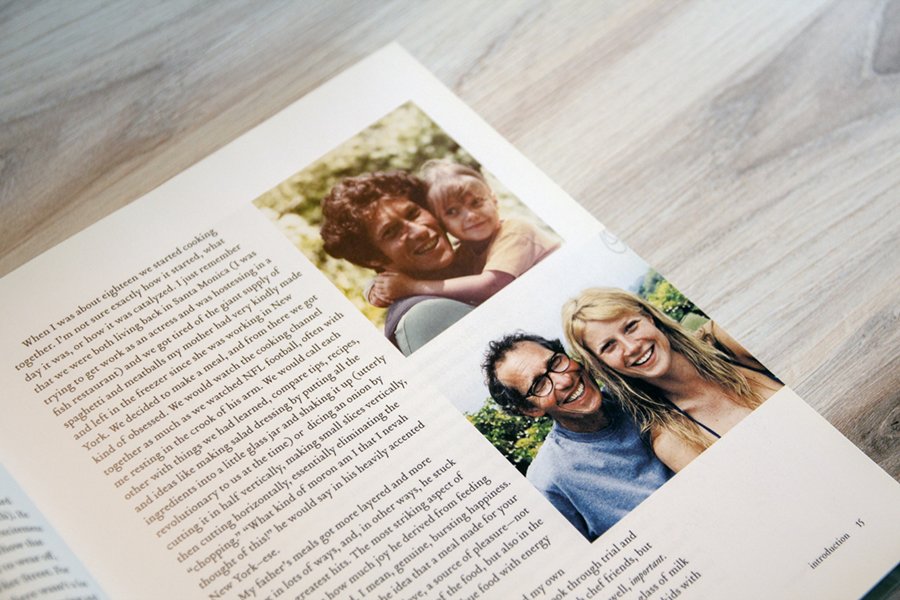


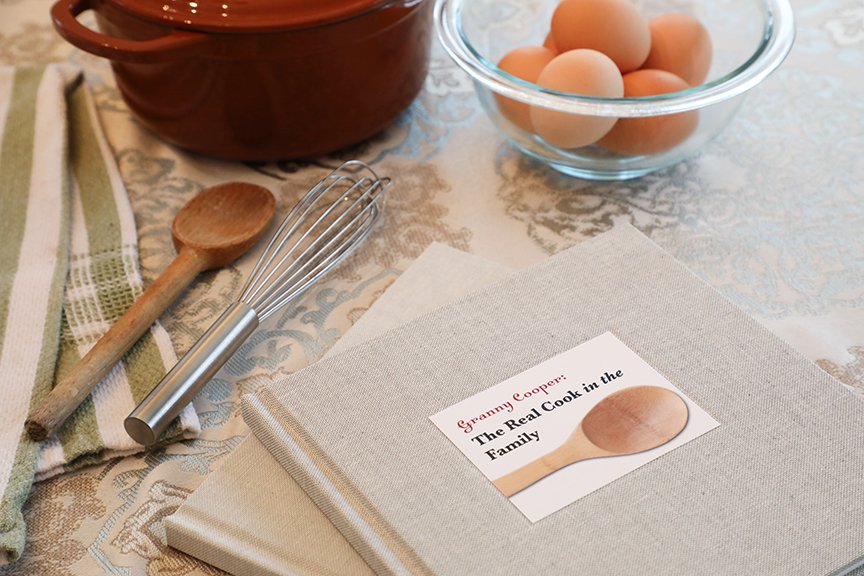
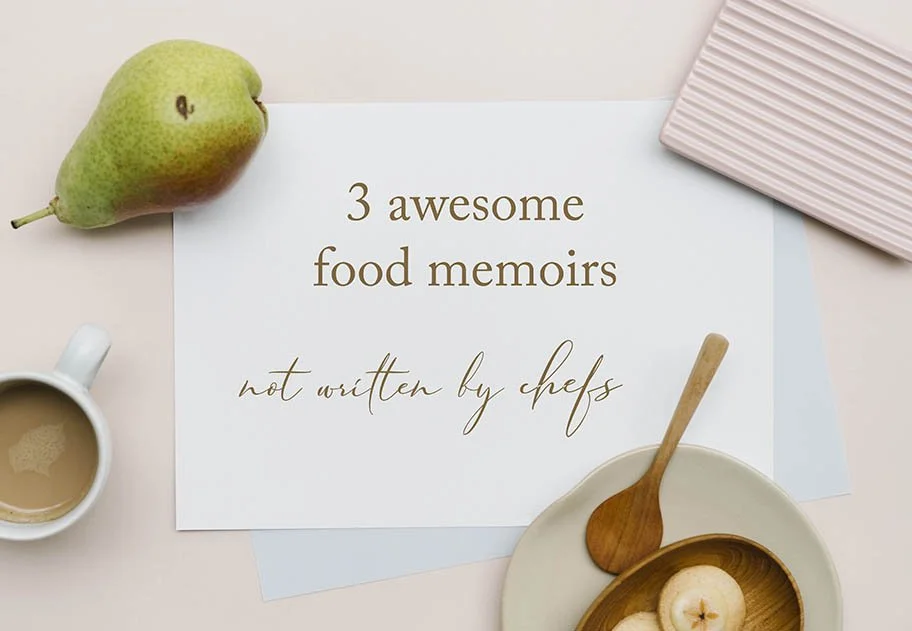



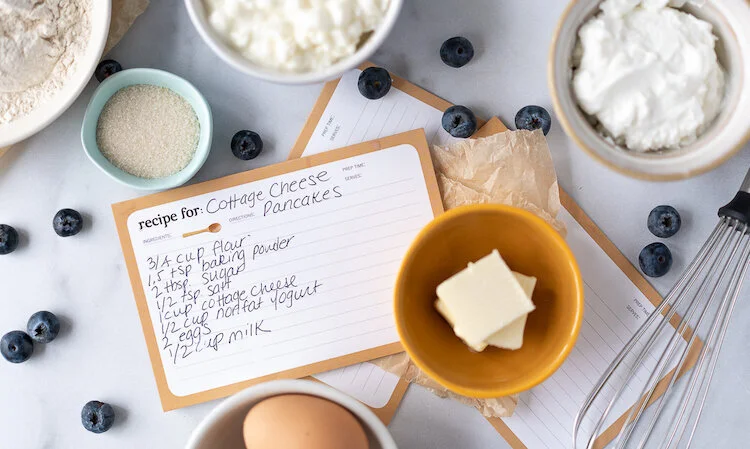








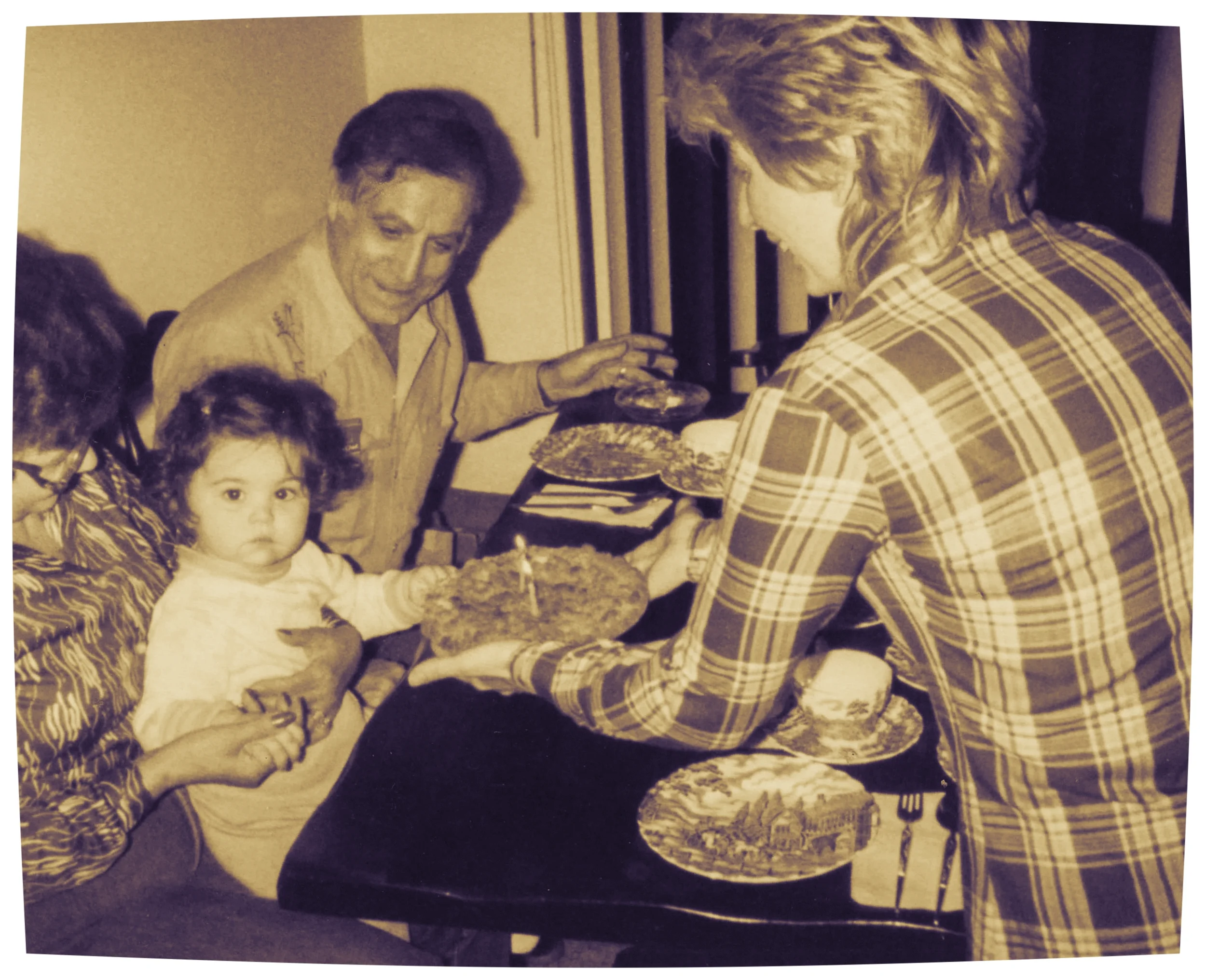




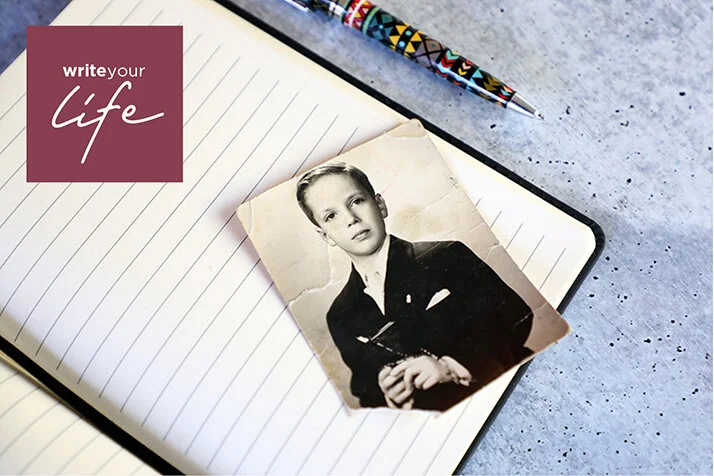






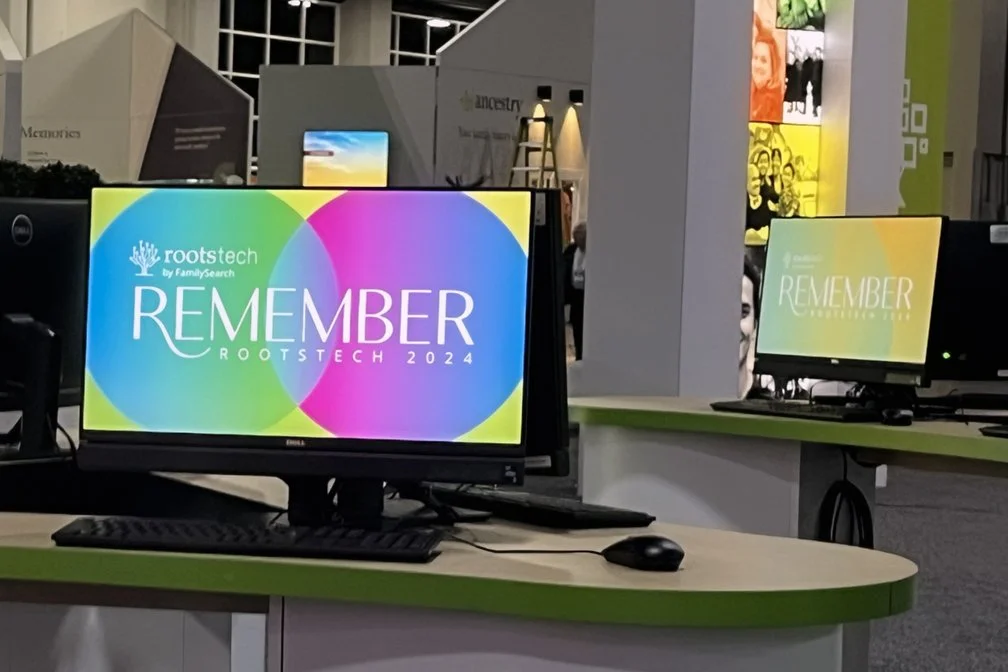




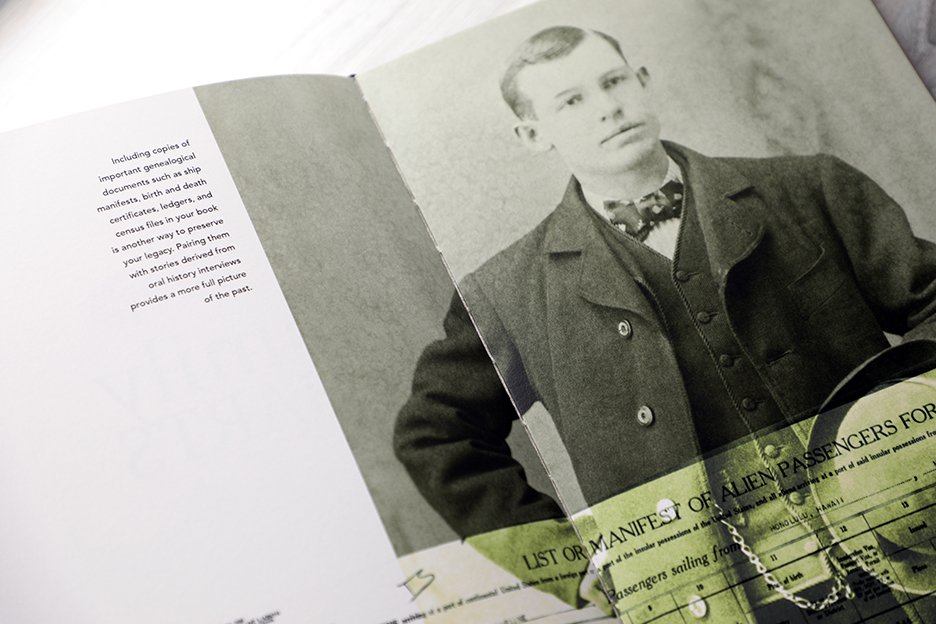





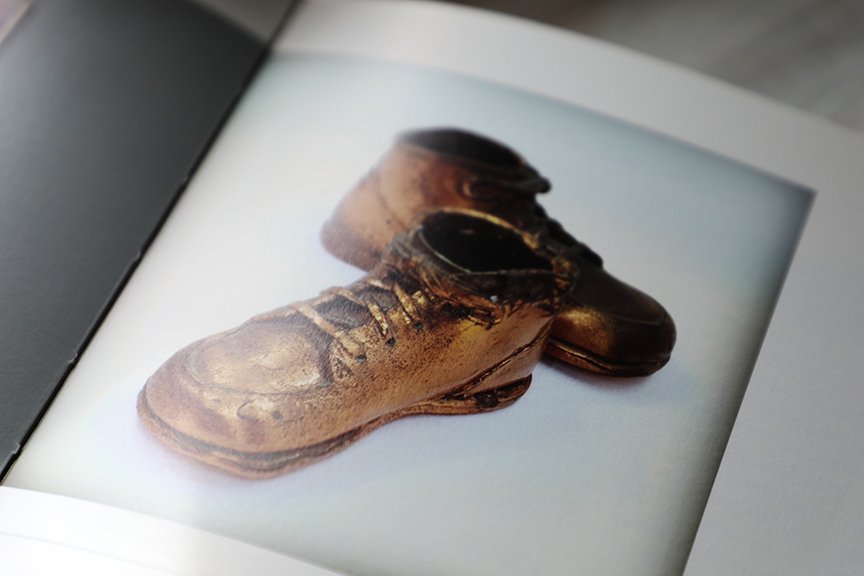
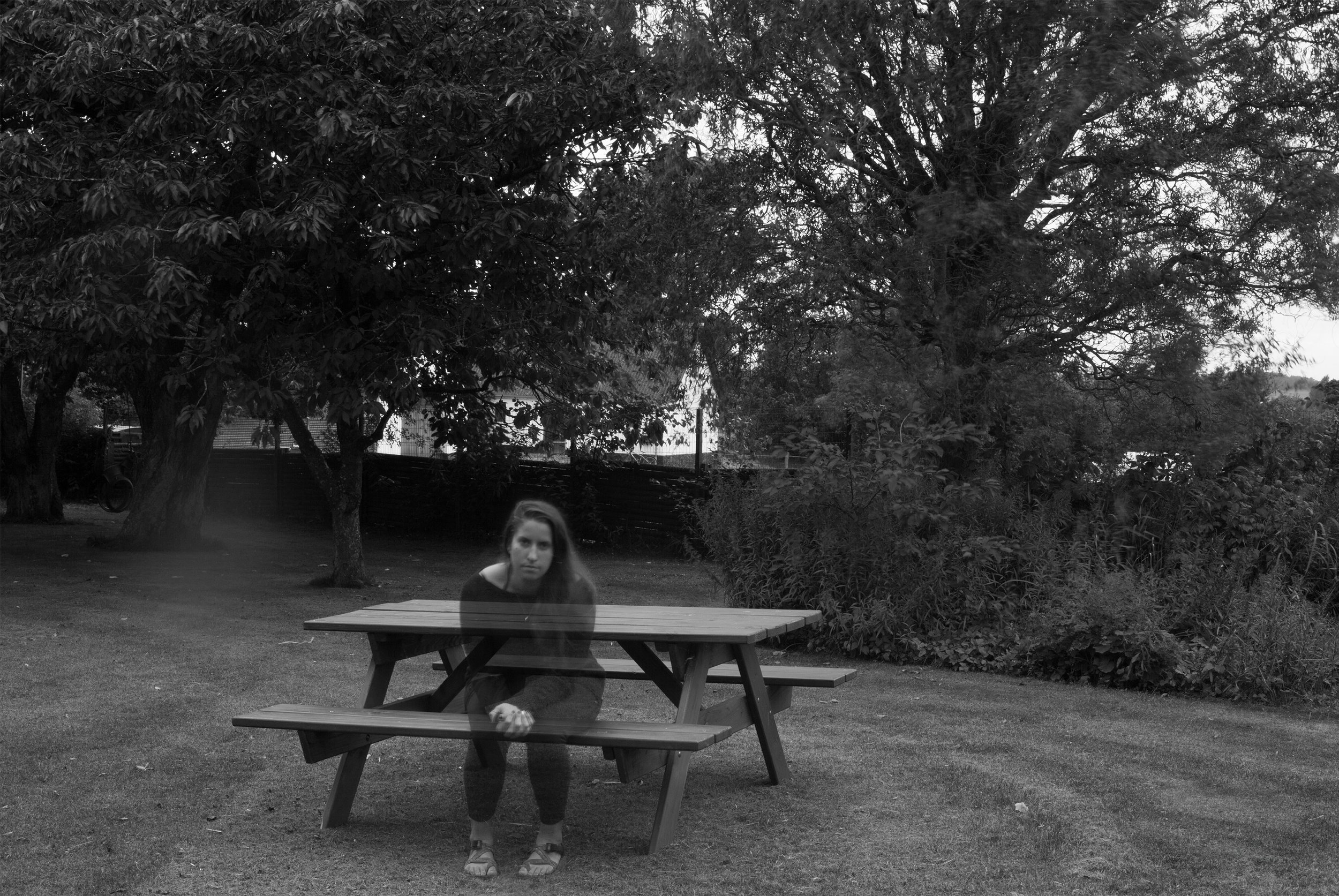

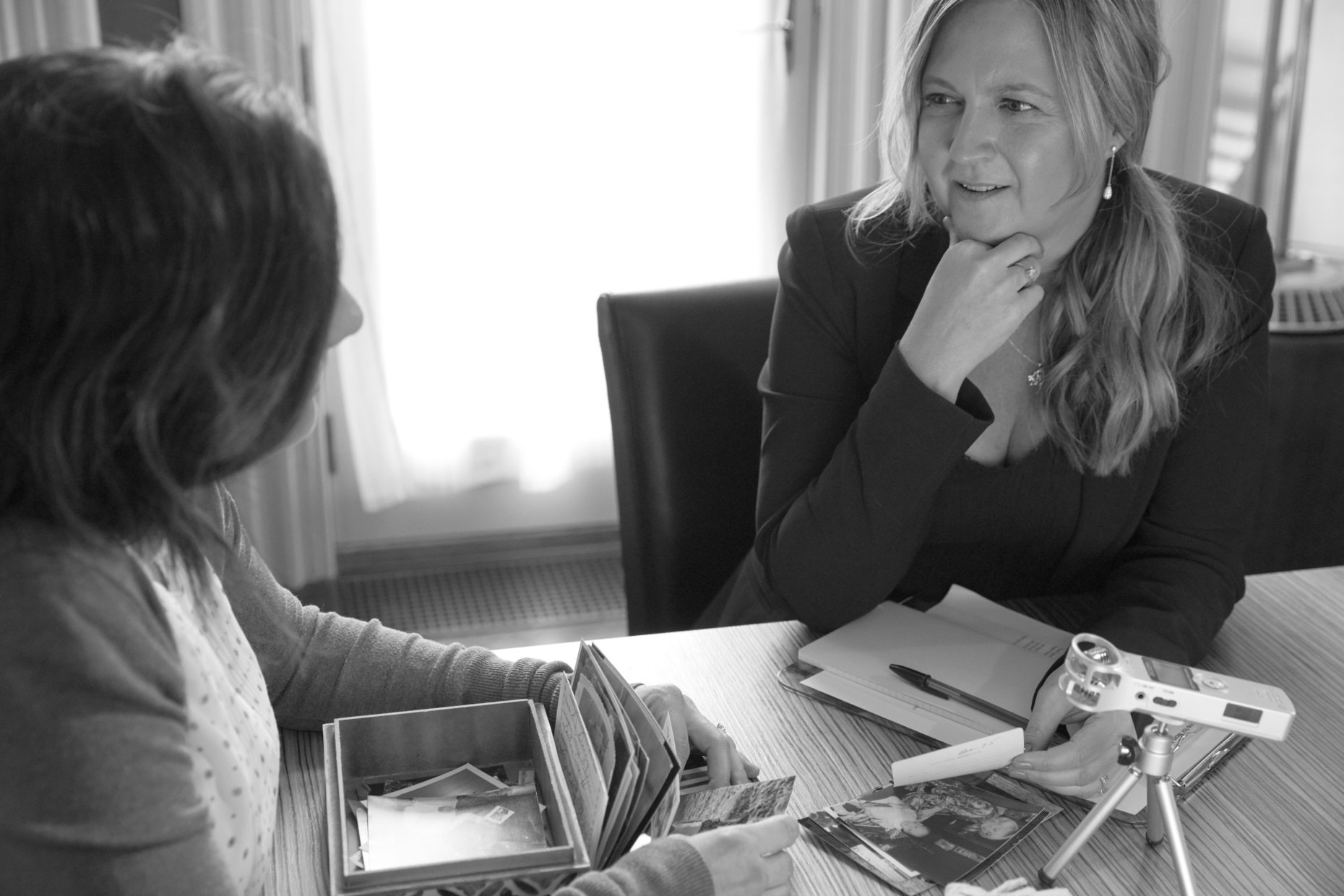




Want to organize your family history archive? This cheap, convenient solution is a great way to record your stories until you’re ready to move them into a book.